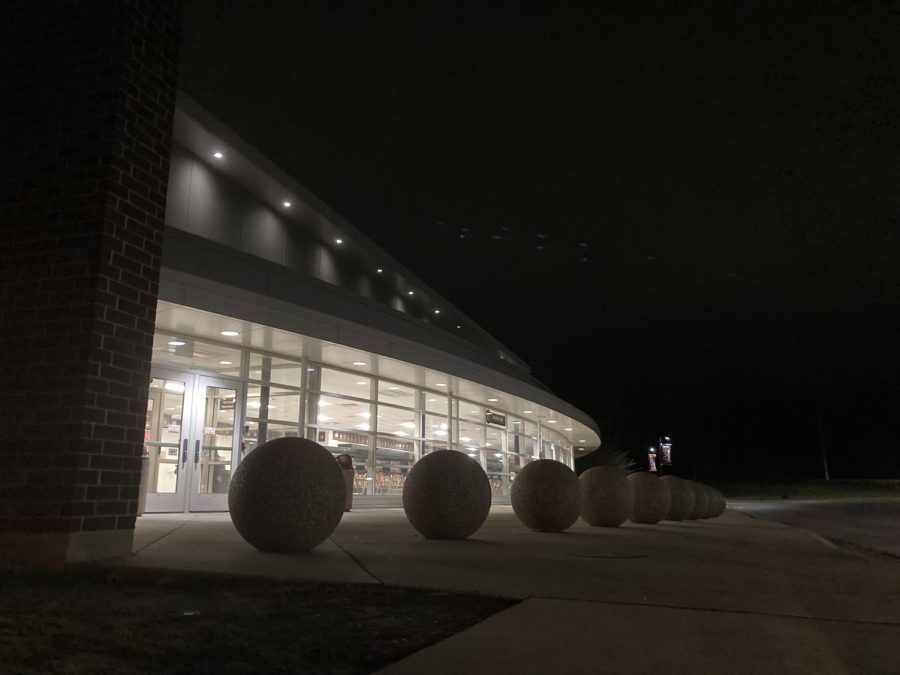The families
January 17, 2023
The opioid crisis may seem like a problem that affects people in other states, but students at McHenry High School have lost loved ones to the epidemic and continue to struggle with its impact.
Junior Kyle Stojak was only in the 7th grade when his cousin died after struggling with opioid use. Stojak had known him for a long time and recalls hanging out with him at family gatherings.
“I was on my way home when I FaceTimed with him while he was lying in the hospital bed, unable to speak,” he said. “A couple of hours later, he didn’t make it. It was detrimental at the time.”
Stojak notes that while his cousins were using opioids, they became more financially unstable and careless with their decisions and actions — an experience shared by many families of people with addictions. My uncle had an overdose and passed away. He left his child and girlfriend. It’s hard seeing my cousin grow up in a fatherless household. — Anonymous Student
“[My uncle] stole my dad’s car radio to get money to purchase drugs,” a senior, who wished to remain anonymous for privacy reasons, said. “Since his passing, my grandparents still haven’t gotten over the fact that he’s gone.”
Both students mentioned that when their respective family members died, they left behind many loved ones. Now, those individuals are coping with their father, uncle, boyfriend, son or grandson being gone.
“My uncle had an overdose and passed away,” added the anonymous senior. “He left his child and girlfriend. It’s hard seeing my cousin grow up in a fatherless household.”
Often, society considers substance abuse disorders moral failures rather than medical conditions. Because of this, both people with substance abuse disorders and their families tend to avoid discussing their struggles.
“When I was younger, I found it hard to discuss [my family’s struggles],” the anonymous senior said. “I thought people would judge me. I thought people would be like, ‘Oh, so that runs in your family? Maybe you partake in that stuff, too.’” Society should go out of their way to help those with issues. Many people will refuse to seek rehab, like … my uncle, for example. Not taking actions is not going to solve the problem by itself. — Kyle Stojak
A person’s decision to seek rehab or help often depends on the treatment they receive from society and loved ones. Thus, the stigma surrounding substance use tends to harm those struggling, noted the students.
“Society should go out of their way to help those with issues,” Stojak said. “Many people will refuse to seek rehab, like … my uncle, for example. Not taking actions is not going to solve the problem by itself.”
Loved ones of people who died or are struggling with opioid use need support, too, notes the anonymous senior. Seeing family struggle can take a toll on them, so help from the community means a lot to those affected.
“Honestly, just be there for them,” they said. “Help them out. If you can, be a shoulder to cry on. Be a person that they can talk to about their struggles and hardships.”
